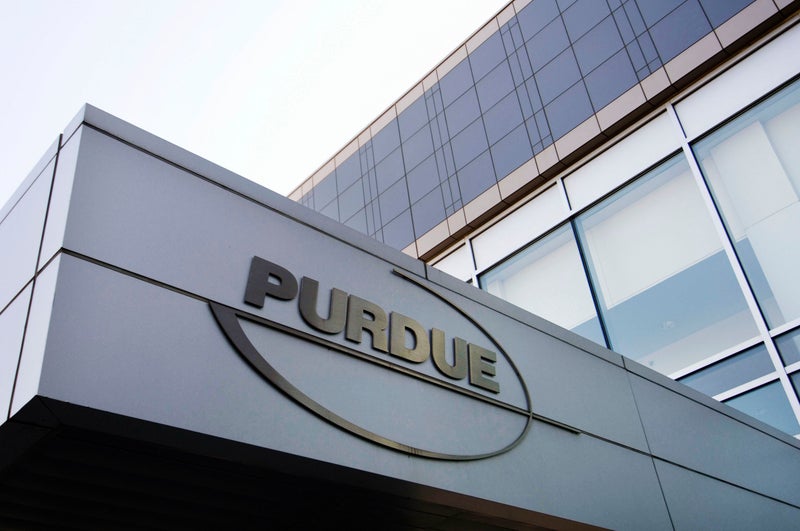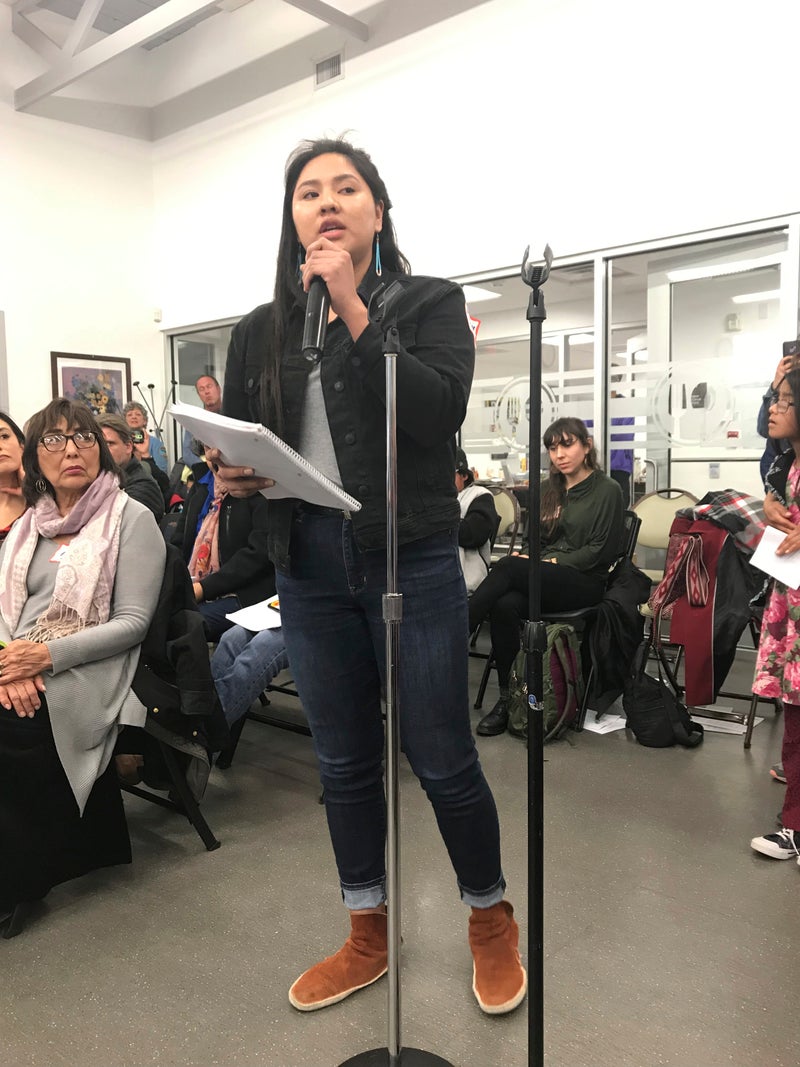Nobel Prize-winning scientist reveals the gruesome way deadly 'mirror bacteria' could take over the human body - as scientists call for an urgent halt on all research on it
Share:
The idea of a deadly artificial bacteria taking over the human body might sound like something from the next season of The Last of Us. But a Nobel Prize-winning biologist has now warned that it could become a reality, amid rising interest in deadly 'mirror bacteria'.
![[A Nobel Prize-winning scientist has revealed how deadly 'mirror bacteria', a form of synthetic life made of mirrored biological molecules, could create deadly infections that our bodies would be unable to defend against (stock image)]](https://i.dailymail.co.uk/1s/2024/12/20/09/93347819-14213125-image-a-7_1734687814065.jpg)
Mirror bacteria are a type of fully synthetic life in which all the biological molecules are replaced with 'mirrored' alternatives. Last week, a group of 38 leading scientists from around the globe issued an urgent warning calling for a halt on research which could create these lethal lifeforms.
![[Professor Gregory Winter (pictured), a Nobel Prize-winning molecular biologist from the University of Cambridge, told MailOnline that infections of mirror bacteria could block blood vessels leading to strokes, circulation failure, or wounds that are unable to heal]](https://i.dailymail.co.uk/1s/2024/12/20/09/93346185-14213125-image-m-3_1734686466669.jpg)
Professor Gregory Winter, a molecular biologist from the University of Cambridge, who won the Nobel Prize in 2018 for his work on the evolution of antibodies, has now revealed to MailOnline exactly how these bacteria could take over the human body. 'If they found their way into the blood, colonies of mirror bacteria could, for example, block up blood vessels, leading to failure of circulation and strokes,' he warned.
![[In a recent paper published in Science, 38 leading scientists called for a pause on research into mirror life. This is because the mirrored proteins would make these bacteria invisible to our bodies' immune system (stock image)]](https://i.dailymail.co.uk/1s/2024/12/20/09/93347835-14213125-image-a-8_1734687849500.jpg)
'Or they could colonise the sites of wounds, leading to wounds that don’t heal, helping infection by existing pathogenic bacteria.'. To make matters worse, Professor Winter warns that it would likely be 'impossible' to create a vaccine against these lethal infections.
![[An outbreak of a mirror bacteria could be even more disasterous than the diseases imagined by apocolyptic films like Contagion (pictured) since the bacteria would affect all life on Earth, not just humans]](https://i.dailymail.co.uk/1s/2024/12/20/10/25535790-14213125-An_outbreak_of_a_mirror_bacteria_could_be_even_more_disasterous_-m-19_1734690911431.jpg)
It might sound like something out of The Last of Us (pictured) but scientists now warn that a deadly 'mirror bacteria' could take over the human body. A Nobel Prize-winning scientist has revealed how deadly 'mirror bacteria', a form of synthetic life made of mirrored biological molecules, could create deadly infections that our bodies would be unable to defend against (stock image).
![[Unlike most of the world's deadliest pathogens (illustrated) there would be no way to defend against mirror bacteria. Mirror bacteria would also be able to infect any organism regardless of species, potentially leading to massive ecological damage and a devastating pandemic]](https://i.dailymail.co.uk/1s/2024/12/20/09/88177521-14213125-Unlike_most_of_the_world_s_deadliest_pathogens_illustrated_there-a-6_1734686537901.jpg)






















